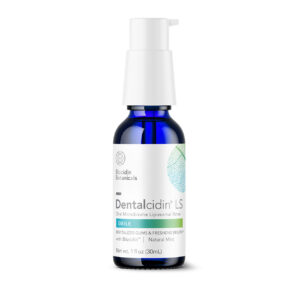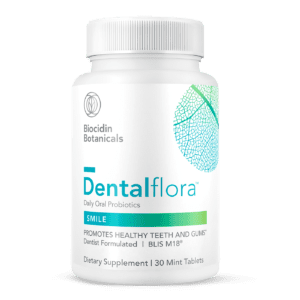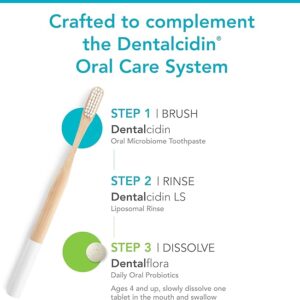Skin Microbiota in Atopic Dermatitis
Today we look at a recently published paper about the role of the skin microbiota, prebiotics and probiotics in atopic dermatitis (eczema).
The journal:
International Journal of Molecular Sciences
The paper:
Skin Microbiota in Atopic Dermatitis (Mar 2022)
The authors:
Dora Hrestak, Mario Matijašić, Hana Čipčić Paljetak, Daniela Ledić Drvar, Suzana Ljubojević Hadžavdić, and Mihaela Perić
Take-home points
The importance of pH for skin health
Bacteria shown to exacerbate atopic dermatitis
One of the main findings of the review is that people with AD tend to have a less diverse skin microbiota than people without AD. Results showed a higher abundance of Staphylococcus aureus bacteria. These bacteria are associated with inflammation and may exacerbate AD symptoms.
Bacteria shown to help relieve atopic dermatitis
One type of bacteria that is commonly found on healthy skin is Staphylococcus epidermidis. This bacterium is a member of the skin’s normal microbiota and plays a role in maintaining the skin’s barrier function which prevents pathogens from entering the body.
Another type of beneficial bacteria is certain strains of probiotic bacteria, such as Lactobacillus and Bifidobacterium. These bacteria modulate the immune system and reduce inflammation, which could be beneficial for people with AD.
Potential probiotic and prebiotic therapy for skin microbiota
The authors discuss using topical probiotics to modulate the skin microbiota and reduce AD symptoms. Topical probiotics are live bacteria applied directly to the skin which modulate the skin microbiota and reduce inflammation. However, the effectiveness of topical probiotics may be limited by the availability of nutrients to support their growth on the skin.
For this reason, providing a source of prebiotics may enhance the colonization of the probiotics on the skin. Prebiotics are a food source for beneficial bacteria, helping them to proliferate and outcompete harmful bacteria that may exacerbate AD symptoms. Certainly topical prebiotics as a stand-alone therapy promote a healthy skin microbiota and inhibit harmful bacteria. They are generally considered a safe, well-tolerated, gentle and natural approach to support the skin’s microbiota.







